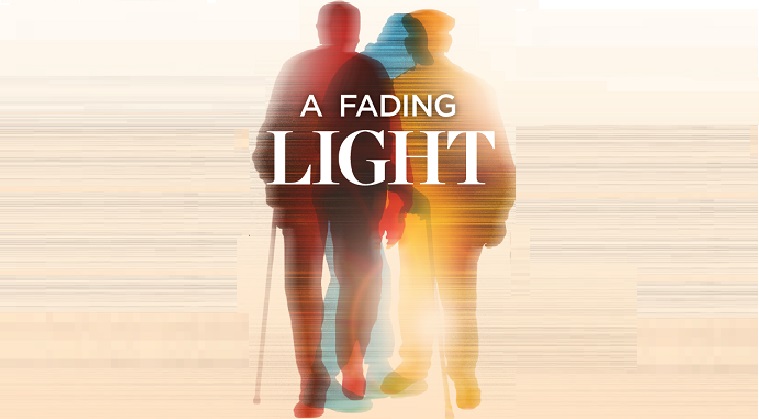A Fading Light: Chapter 18

Had the situation been reversed, I know that my husband z”l would’ve taken even better care of me than I did of him

Iran into a friend a few weeks ago and mentioned that I was writing a column on caregiving and grief for Family First.
She’s always curious about my writing projects, but this time she seemed more interested than usual. She asked about the topics I was covering and then volunteered a suggestion: doing a piece on men and caregiving.
It quickly became clear that it was particularly relevant to her. On a recent Shabbos, her mother-in-law, who’s in the early stages of dementia, had been visiting. My friend had been the one to take — or, more accurately, to have been given — the responsibility of caring for her. Her husband had spent the morning in shul, followed by an afternoon nap, and then proposed to attend a shiur while his wife continued to entertain his mother.
Before I go any further, let me make this clear: I know her husband, and he’s a loving and devoted son to his widowed mother.
I suspect, however, that, like many men, when he thinks of caregiving — if he ever does — he thinks of it as a woman’s job. Statistics tell us that 60 percent of women are caregivers, as opposed to 40 percent of men. Moreover, when siblings care for their parents, the lion’s share of the responsibility almost always falls on the daughters. No surprise here.
That the numbers are skewed reflects certain demographic realities. For one thing, women, who are more likely to be stay-at-home parents than their spouses, are often more available for caregiving. Also, because they tend to be younger than their spouses, they may remain healthier for a longer time, and thus naturally become the ones to care for their sick husbands.
There are other factors at play here as well: The indisputable fact is that women are considered by many to have the both the temperament and, in the case of mothers, the experience that makes men view them as particularly suited to be caregivers. All of these factors conspire to get men off the hook.
In the course of my husband’s illness, I met several male caregivers who were as devoted as their female counterparts. Some even more so. They visited the facility frequently — a few on a daily basis — and cared for their mothers or wives lovingly. This was not the norm, though, and perhaps this is why I remember them so vividly after all these years.
On a more personal note, had the situation been reversed, I know that my husband z”l would’ve taken even better care of me than I did of him. Caring for others was in his DNA.
That said, many men are eager to pass this responsibility on to their wives, even when those being cared for are their mothers. And those who are caring for their wives? I suspect that a fair number of them are doing it simply because their wives aren’t available to take on the job.
Given this reality, what can we do to bring men in as more equal partners in caregiving? What, besides resentment, and in some circumstances, rightful indignation, should our response to them be?
(Excerpted from Family First, Issue 656)
Oops! We could not locate your form.


